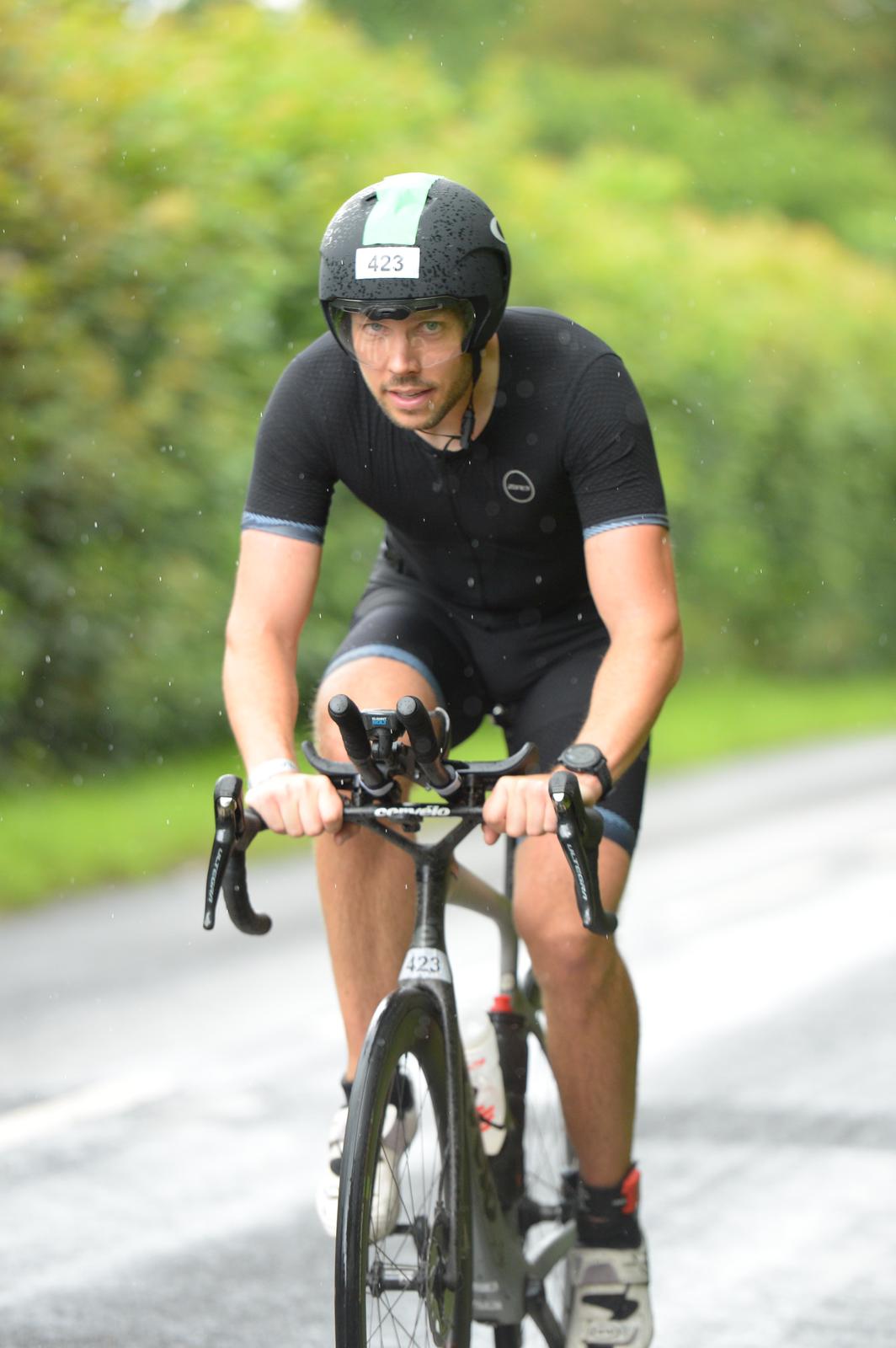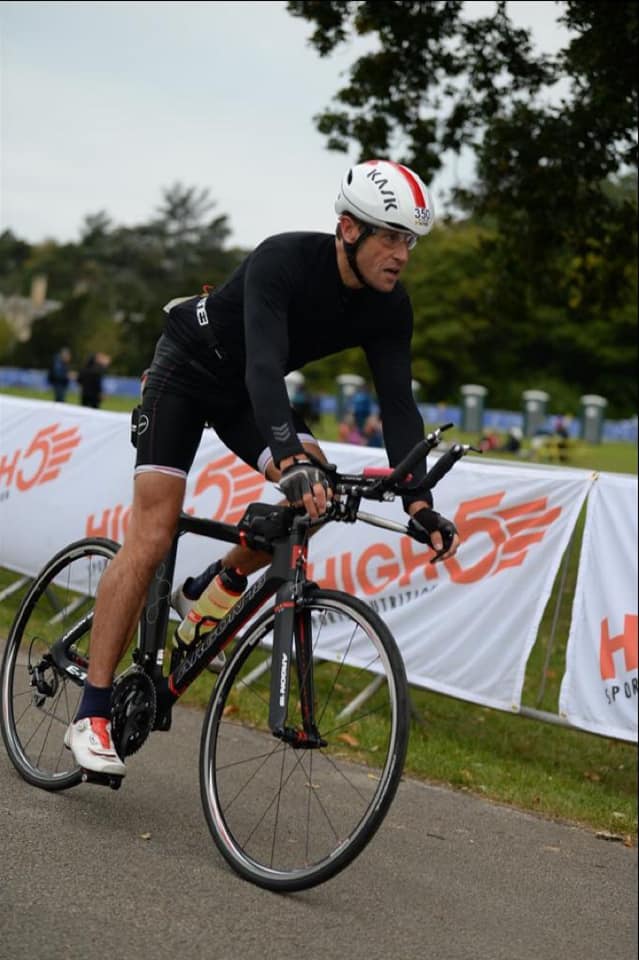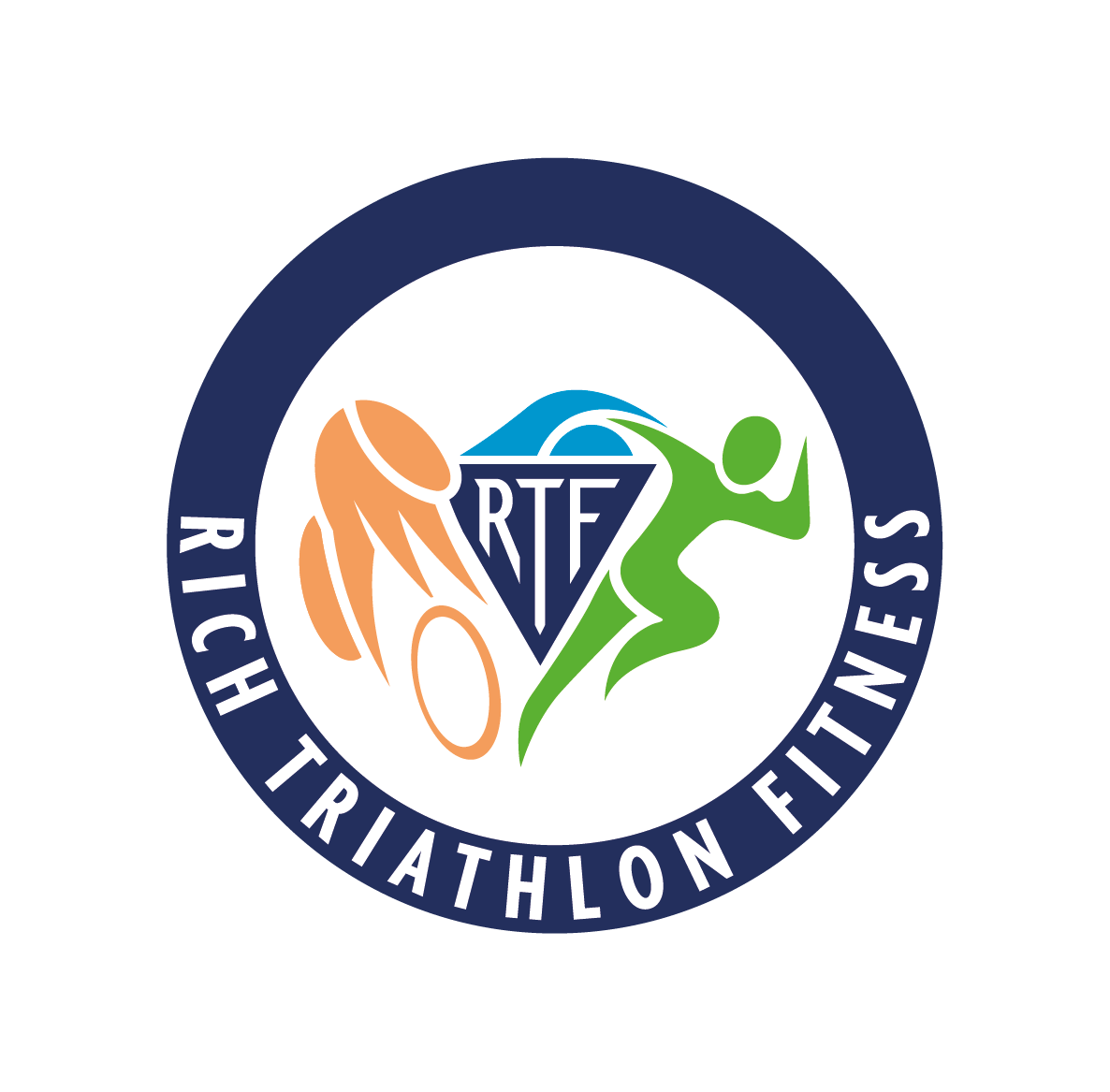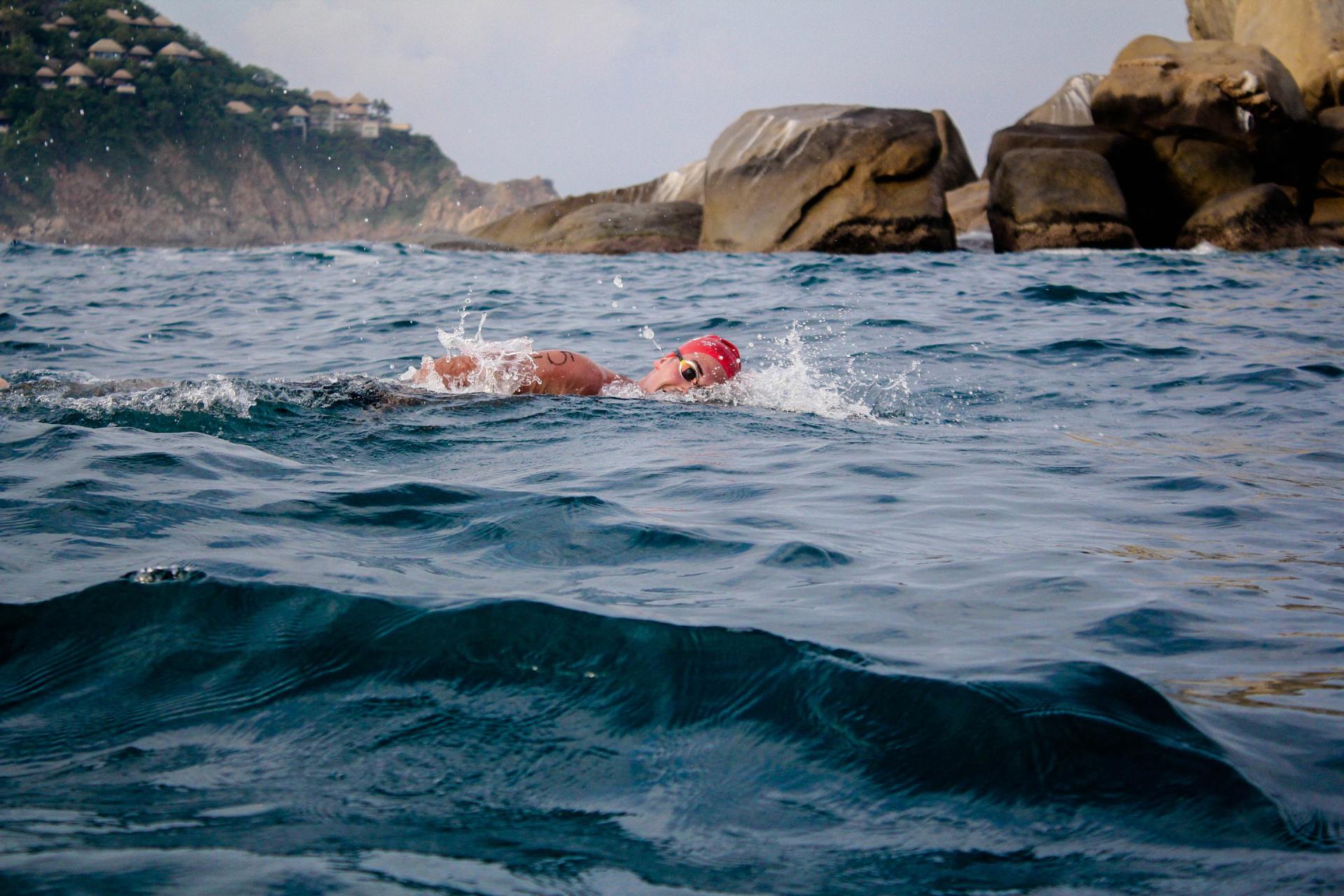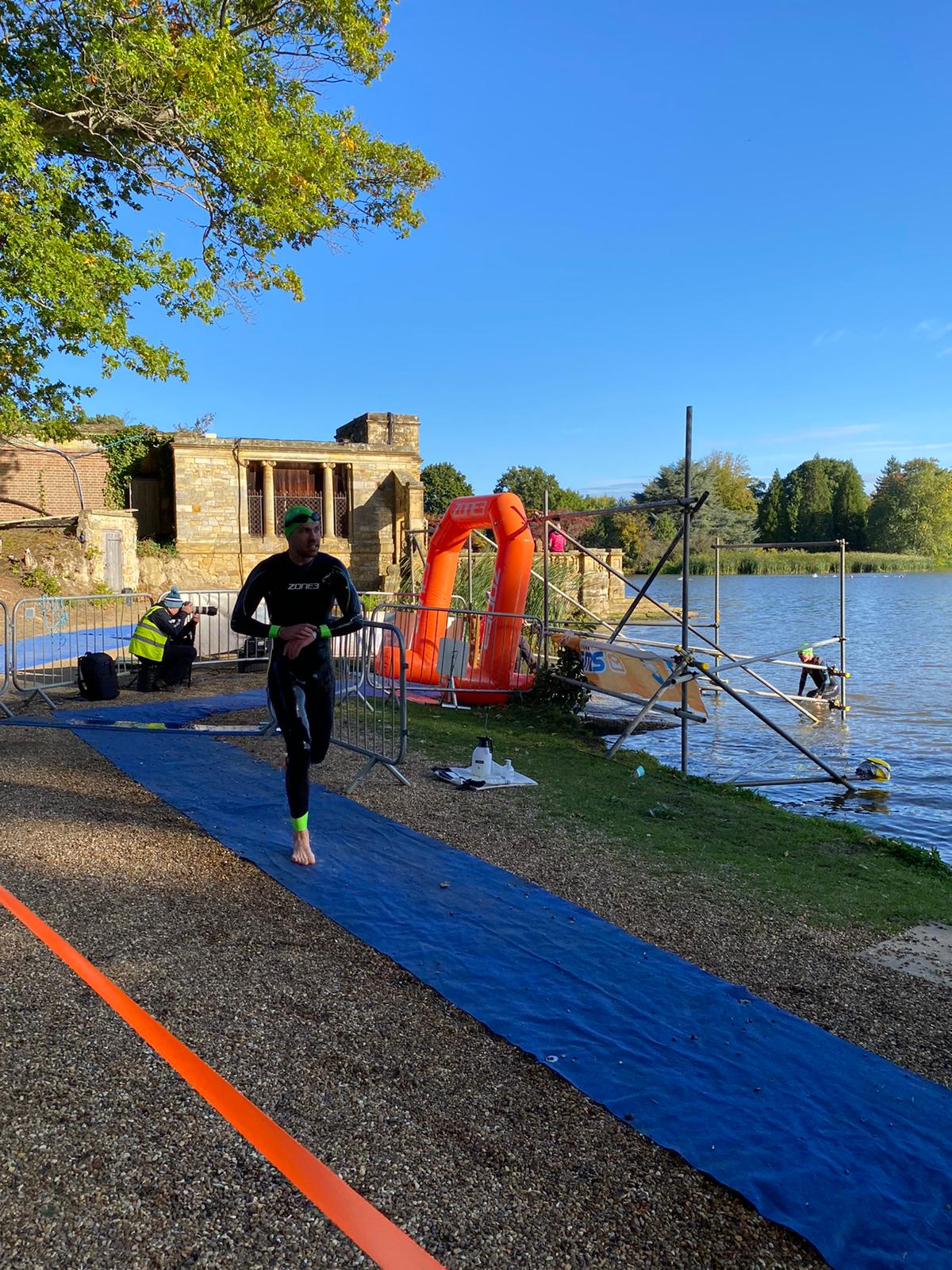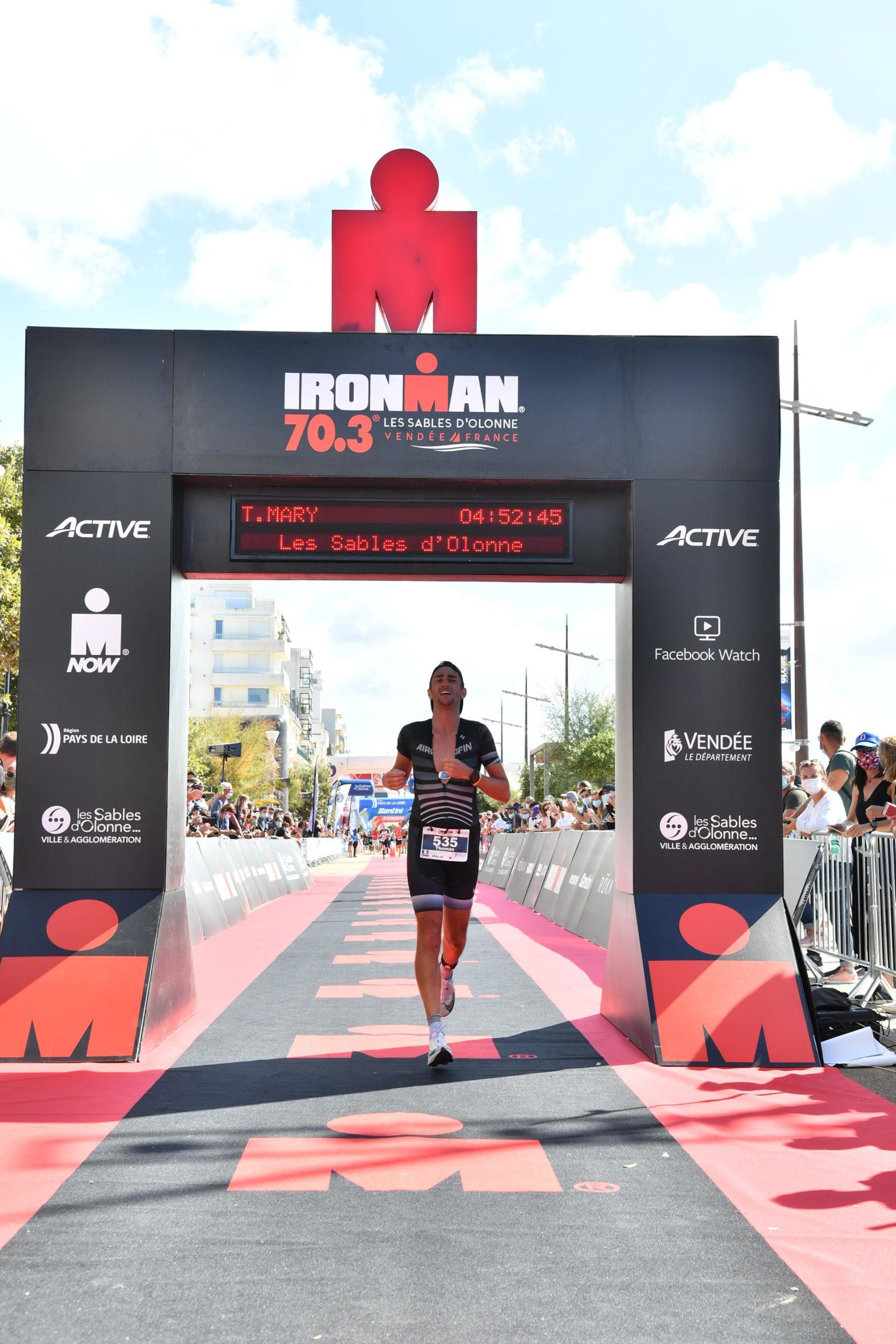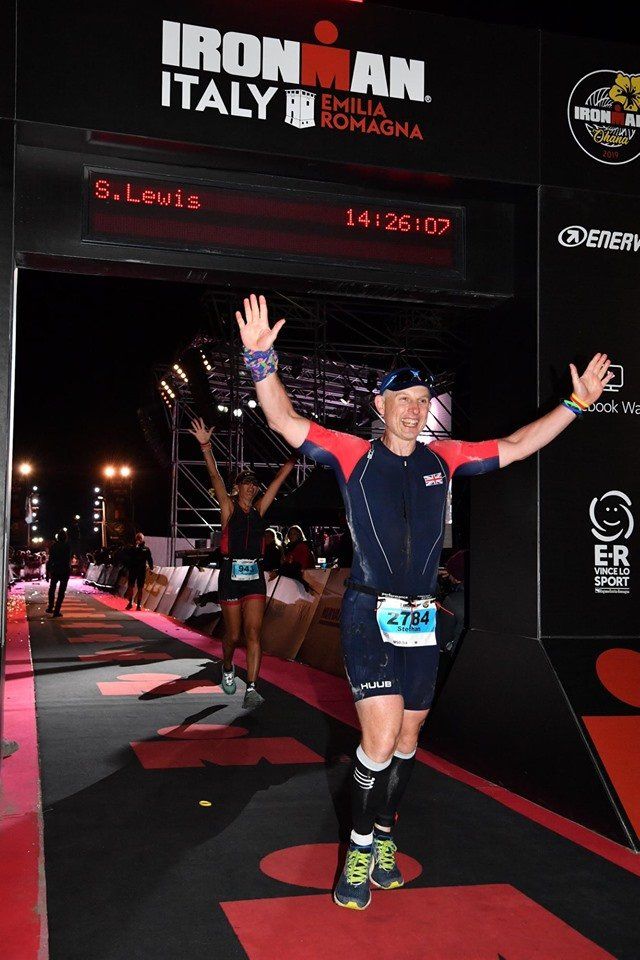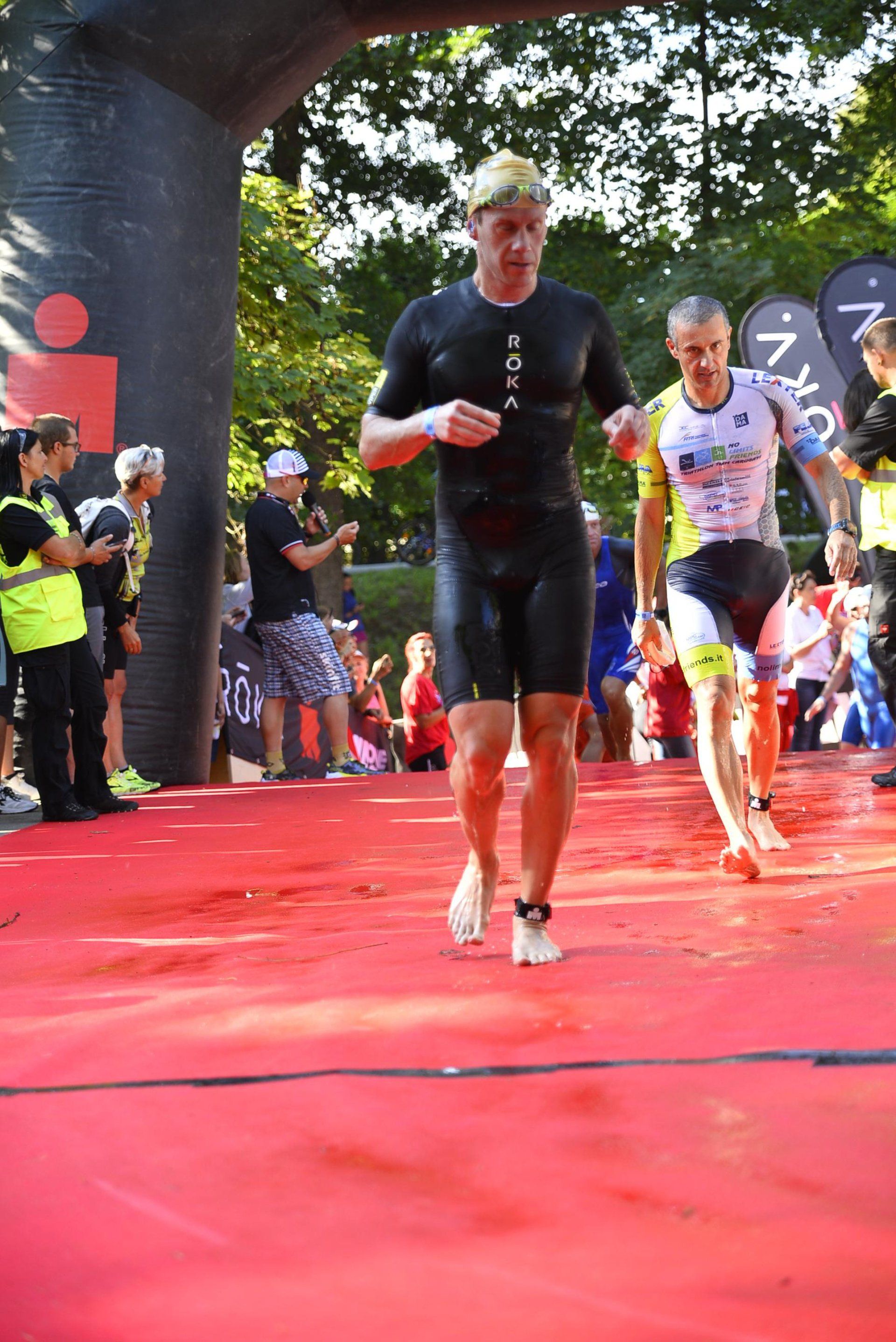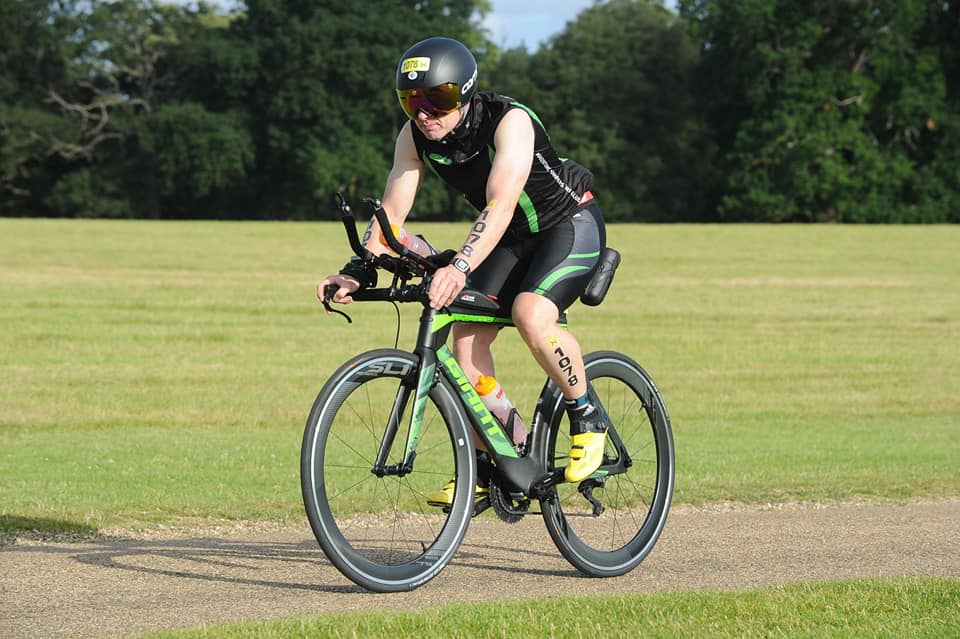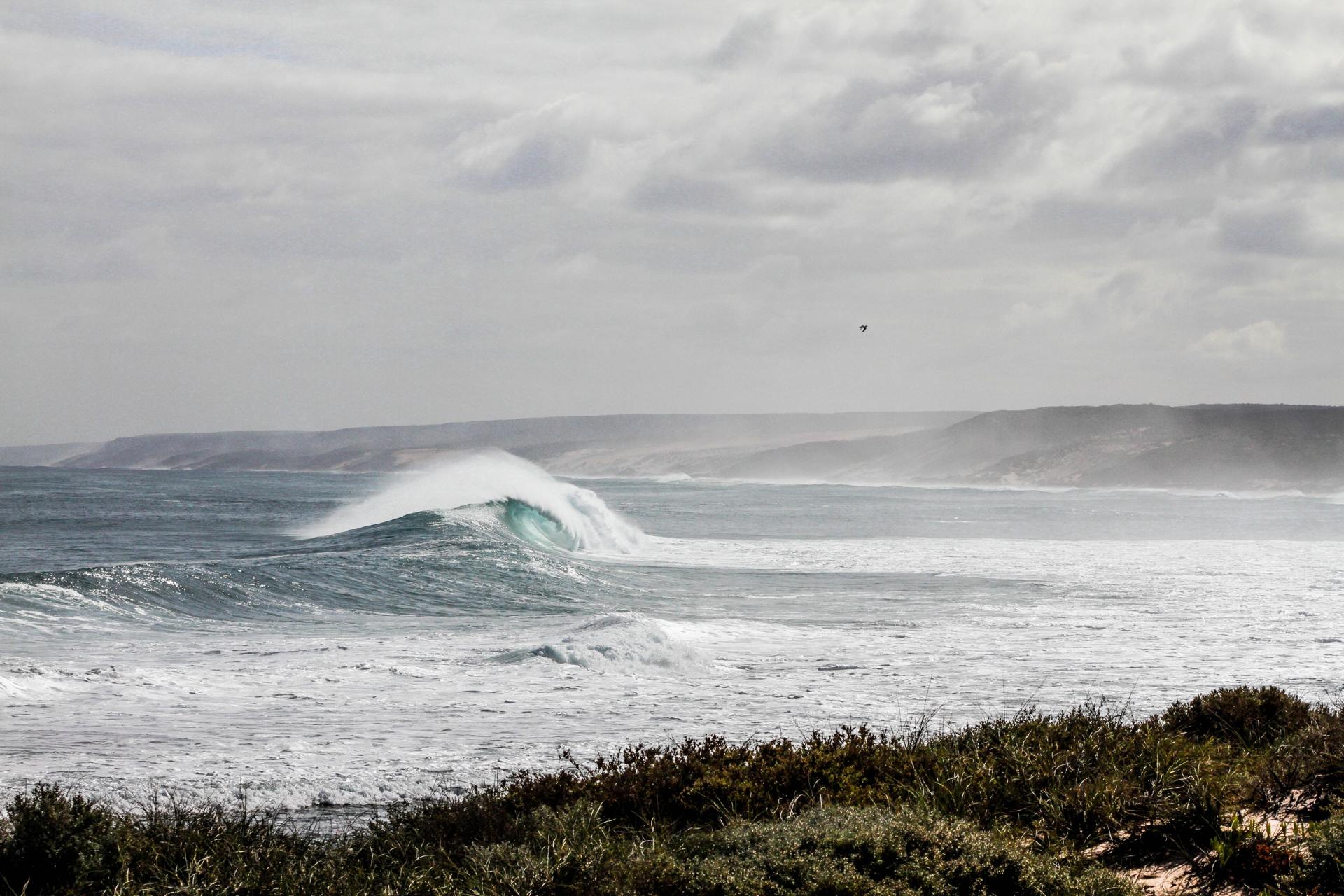Getting the balance right
You have signed up for an Iron distance race so what's next?
You have signed up for a mid-distance / Iron distance race and the enormity of the task has just hit you, alternatively you have completed a couple of Iron distance races and are now looking to get faster. The sheer scale of the challenge can create an impetus towards training longer and harder, which in turn can lead to burn out, fatigue and friction with loved ones as we head out for another 6-hour bike ride followed by a recovery which involves lying on the sofa for the rest of the day.
It is, however, important to get the balance right and retain perspective, so how much training is enough? Walking the line between not doing enough at the required intensities and doing too much can be difficult. This is where a coach can help you by removing the guess work and this begins at the very outset of the coaching relationship with athlete profiling to understand the athlete’s motivation for participation, athletic history, commitments outside of triathlon and most importantly the available time to train. This means that training is structured around the athlete’s life, we understand that life can get in the way, a coach will adapt your training to ensure that the athlete successfully negotiates these hurdles whilst moving forward towards where they need to be come race day. Your training should fit into your life, you should not be trying to fit your life around your training.
The coach will help you to set goals and objectives that are challenging, but not out of reach to ensure that the athlete is working towards an achievable goal. A coach will introduce structure and direction eliminating junk sessions that have no purpose other than to rack up extra mileage. Consistency is key to success a coach will balance your training to ensure that you are not working too hard all of the time targeting a number of key sessions each week. A coach will plan and periodise your training to ensure that you are making the required gains, whilst allowing your body to adapt to the training load.
We live busy lives attempting to juggle family, career and social lives on top of that completing an Iron distance race is a significant commitment in terms of your time and energy. You will require the support of your friends and family if you are going to successfully negotiate all that training and racing involves. To this end it is important that they are on board with your goals, whilst a coach will ensure that you are training effectively there are a number of steps that you can take to help mitigate the effects of all the training you will undertake. Namely:
Explain to your family the commitment and time that your target event is likely to take up, it is going to be a significant outlet for your time and energy for the next few months, you are training a lot at the moment, but it won’t be for ever. Sit down at the beginning of the week with your family to run through that week’s training, placing a copy of your training diary on the fridge will ensure that everyone knows your training commitment for that week. This means that the family are aware of the times when you will be out of the house and can plan other activities avoiding surprises and potential conflict.
Try to make your race or training a family event, a running buggy is perfect way to get a run in whilst your child gets some fresh air. Involving your family in your goals and objectives is a perfect way to create interest and support in what you are trying to achieve. If you are travelling to a destination race schedule a couple of days post event at your race destination for rest and family time.
Get the balance right; retain perspective, it is easy to become all consumed in our desire to get fitter and faster. Commitment to our training is important, but it is important to remember that there is life outside of triathlon. Devote quality time to your significant other / family outside of training time and to that end try not to be grouchy following a particularly hard session, you may want to just sit on the sofa all day, but your family want to see you too. Again your coach will help you here, you will be tired with all your training, but your progression should be gradual and you should be able to still function post training session. Consistency in training is more important than one very hard session (although there will be some tough sessions).
If you have a family train early if you can when everyone else is in bed, freeing you up for social engagements and family time later in the day. This way you are present for your family and your training is less likely to be side tracked by life and other commitments. Similarly try not to become a Triathlon bore, whilst your latest Vdot test results and bike gearing is important to you it may not be to your significant other.
Be organised; get your kit ready the night before your sessions and know what your session involves so that you are prepared for what you will be doing. Schedule your training into your daily routine like you would plan your work appointments so that you know when you will be training and maximise any available time. Training during your commute to work will productively use previously unused time, the key here is to be organised taking a bag of work clothes and wash kit (for the sake of your colleagues) in at the beginning of the week so that you do not need to keep lugging your work clothes with you.
